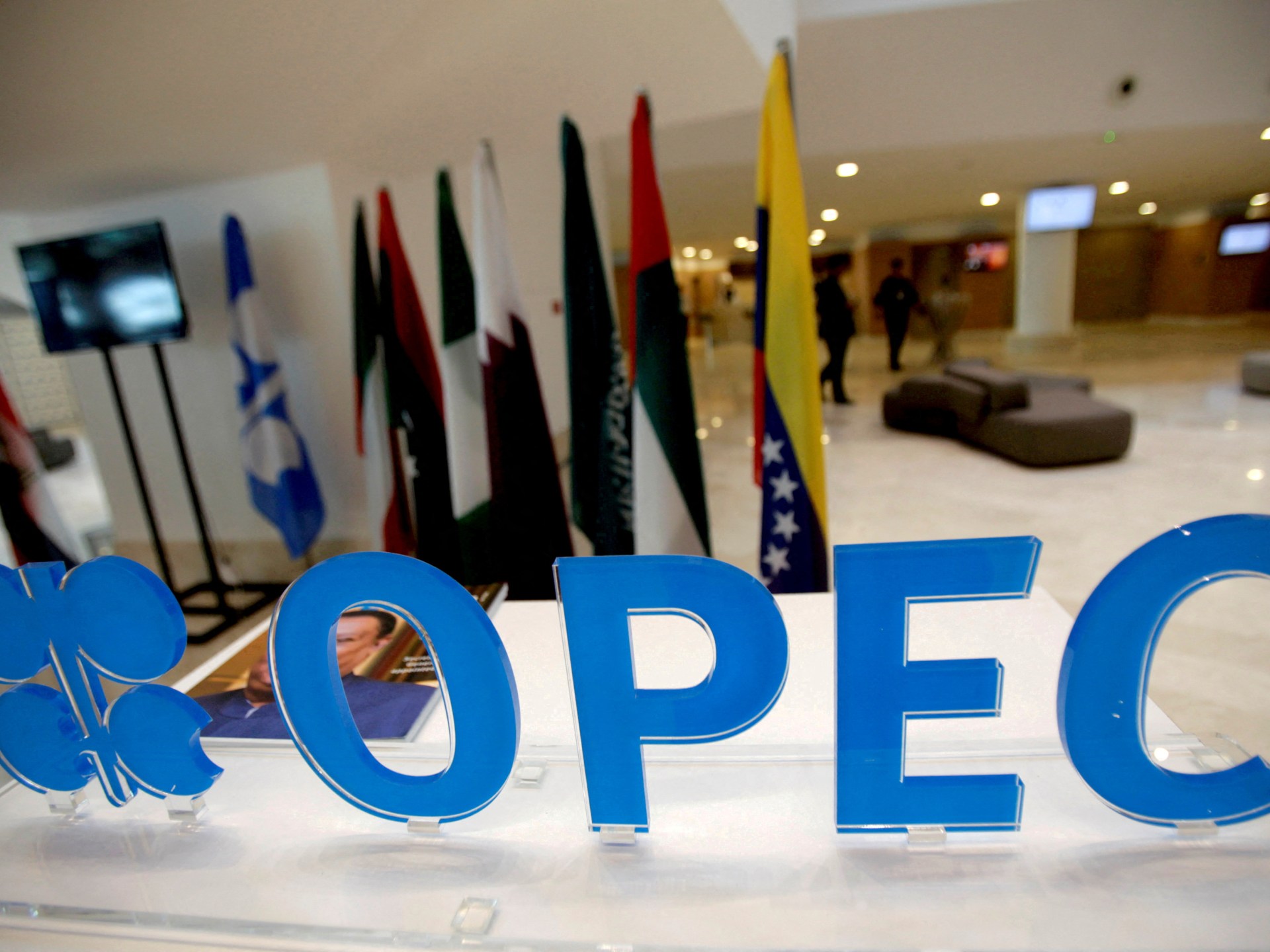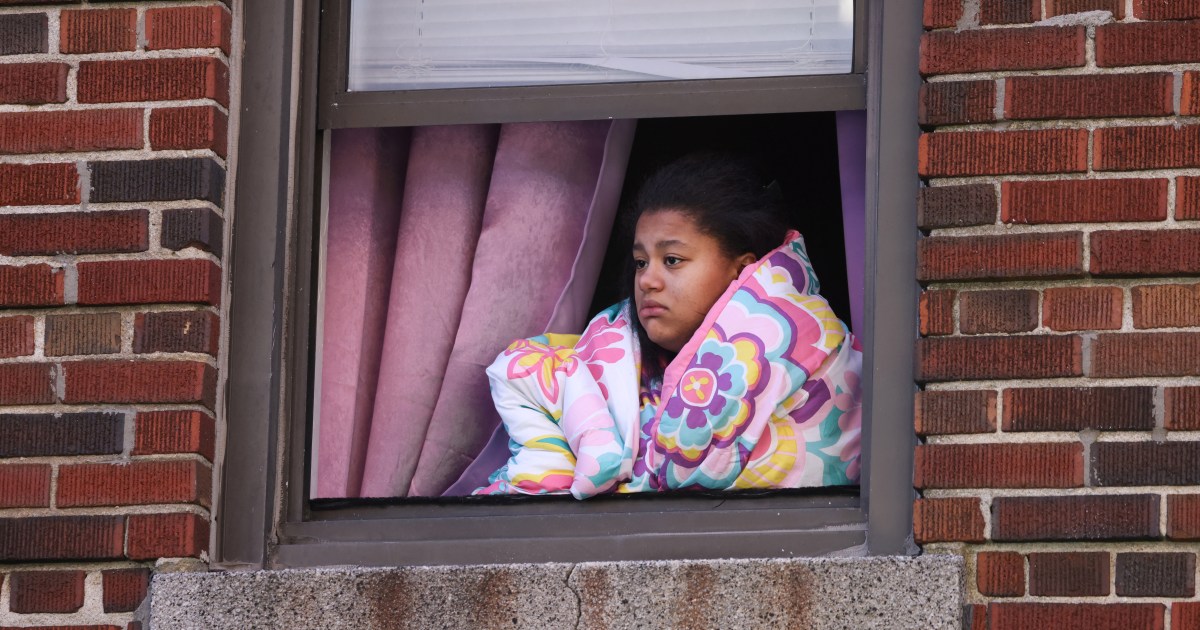OPEC+ keeps oil targets amid weakening economy, Russian sanctions | OPEC News
Cartel wants to gauge impact of two measures aimed at hitting Russia’s oil revenues: price cap and EU boycott.
OPEC and its oil-producing allies have agreed to stick to their output targets as the oil markets struggle to assess the impact of a slowing Chinese economy on demand and a G7 price cap on Russian oil on supply.
The decision at an OPEC+ meeting on Sunday was made a day ahead of the planned implementation of two measures aimed at hitting Russia’s oil revenues in response to its invasion of Ukraine: a European Union boycott of most Russian oil imports and a price cap of $60 per barrel on Russian exports imposed by the EU, the Group of Seven countries and Australia.
It is not yet clear how much Russian oil the two measures could take off the global market, which could tighten supply and drive up prices.
The world’s second largest oil producer has been able to reroute much of shipments it once made to Europe to customers in India, China and Turkey.
Moscow has said it would not sell its oil under the price cap and was analysing how to respond.
OPEC+, which includes Russia, angered the United States and other Western nations in October when it agreed to cut output by 2 million barrels per day, about 2 percent of world demand, from November until the end of 2023.
Washington accused the group and the world’s biggest oil producer, Saudi Arabia, of siding with Russia despite Moscow’s war in Ukraine.
OPEC+ argued it had cut output because of a weaker economic outlook. Oil prices have declined since October due to slower Chinese and global economic growth and higher interest rates, prompting market speculation the group could cut oil output again.
But on Sunday, OPEC+ decided to keep the policy unchanged. Its key ministers will next meet on February 1 while a full meeting is scheduled for June 3-4.
There was no discussion of the Russian oil price cap at the OPEC+ meeting, sources told the Reuters news agency.
JP Morgan said on Friday that OPEC+ could review production in the new year based on new data on Chinese demand trends and consumer compliance with price caps on Russia crude output and tanker flow.




